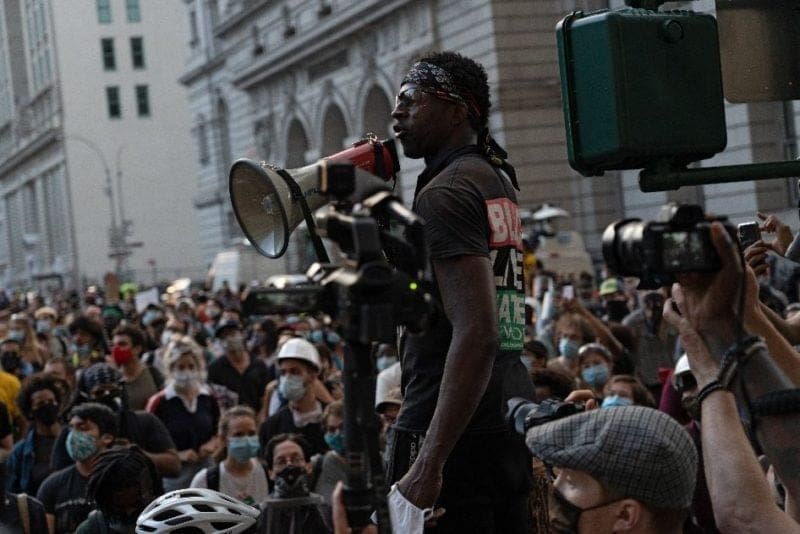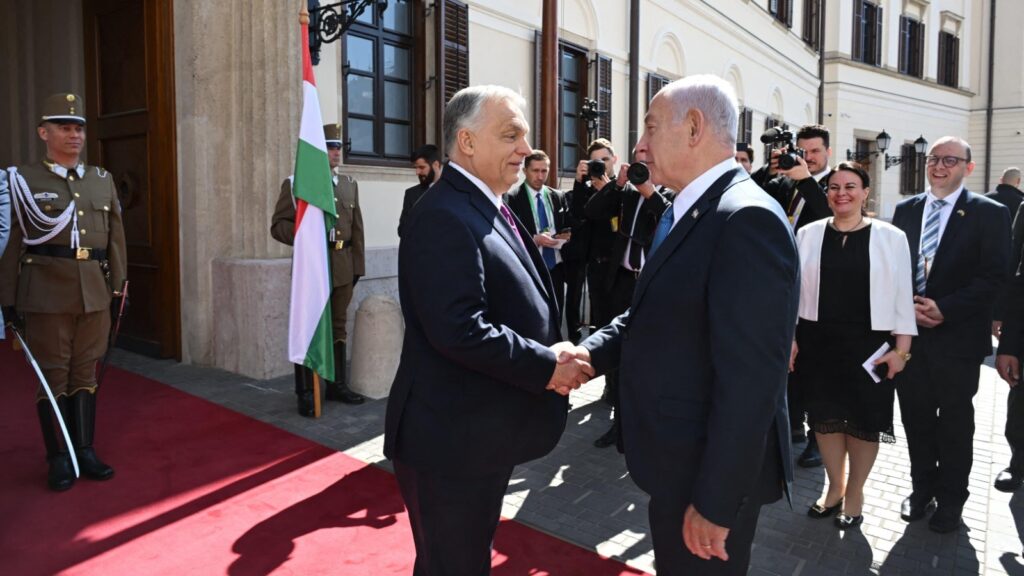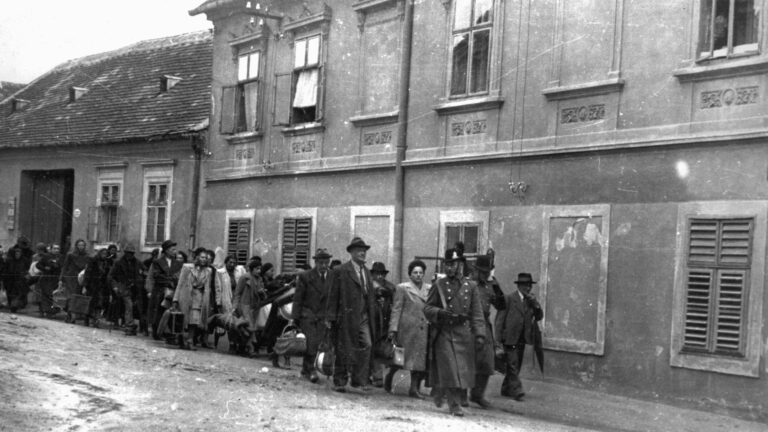‘It had also been an error that the leading Hungarian politicians had not studied the works of Lenin and Stalin sufficiently, and had paid too little attention to the practices of Bolshevism’, laments in his memoirs Cardinal József Mindszenty, an anti-communist icon of Hungary who was not only famous around the world for his deep love for his country and his Church, but also for the unfaltering courage he showed in the prisons and torture chambers of both totalitarian regimes. And he was right. Many like Mindszenty who had studied communism and the methods of the Bolshevik movement with alarmed curiosity (before it became mandatory), knew that once it took over their country and institutions, the life of Christians and others declared ‘enemies of the system’ would change radically for the worse. Tomislav Kolaković, a Slovak Catholic priest to whom Rod Dreher dedicates his latest book, Live Not by Lies—A Manual for Christian Dissidents, also studied the Soviet Union as he was preparing himself for a mission trip. The trip never took place, but his knowledge of Bolshevism and its ways, as well as his clandestine community called ‘The Family’, contributed much to the survival and continuity of Catholic life behind the Iron Curtain. He is one of our Virgils, to guide us through the totalitarian Inferno and explain (rather by actions than words) how not to fall into the abyss.
Live Not by Lies (which was also the title of Aleksandr Solzhenitsyn’s last essay, published in Russia one day before he was exiled to the West) starts off with a bold statement: some recent phenomena that seem to have invaded politics, corporate life, and civil society are creating a distressingly similar atmosphere to those of totalitarian states. An atmosphere we thought had already disappeared for ever into the dustbin of history. How could that be possible? Instead of providing answers, Dreher’s witnesses (Americans who had fled from formerly communist countries) reveal how threatening the rise of political correctness and thought domination by a small minority in the media and academia is. Places like university campuses or merely the fora of public debates, once the cradles of free thought and speech, have been captured by the “woke left” and social justice warriors with politburo-like bodies leading witch-hunts against anyone not in strict obedience to their vision of ‘diversity’ and ‘equality’ (which itself changes quite rapidly). Having gathered a large number of such observations in the US, Dreher decided to take on the challenge of travelling to post-Soviet countries for more interviews, and to write a counter-manifesto about the rise of (the book’s leitmotif) soft totalitarianism. Live Not by Lies came out in September 2020, three years after Dreher’s previous work The Benedict Option—Strategy for Christians in a Post-Christian Nation, that already in its title shows some continuity in the author’s intention to be the ‘voice of one crying in the wilderness’ and provide a strategy for fellow-Christians experiencing what Saint Pope John Paul II had made clear in his encyclical Redemptoris Missio thirty years ago, namely that Christendom is (for now) over, and that we are in apostolic times once more, with persecution rising around us.
‘As Live Not by Lies makes clear, we are facing the zealots of a new sect with its own dogmas, clergy, and easily uttered anathemas’
The two major parts of the book—a theoretical crash course on the nature of totalitarianism and its presence, particularly in American society, and a practical collection of advice, examples and ‘best practices’ from the former Soviet Bloc—make up an accurate structure for the objective indicated in the book’s subtitle. It serves as a very readable, comprehensible manual, with clear argumentation and an impressive amount of professionally edited, real-life, personal stories that for the most part have never been heard or read in the West (as much a failure on the part of post-Soviet nations as of Western educational systems). Throughout the history of Christianity, antidotes to crises have always been found through returning to the formation of strong, value- and faith-centred communities, as he suggests, and accepting all forms of unjust suffering that one encounters along the way.
Kolaković, Mindszenty, Saint Pope John Paul II, and all the great anti-totalitarian fighters had something in common: they knew they had to study and understand the enemy deeply, in order to resist and defeat him. Christian dissidents of the twenty-first century who face discrimination, ‘cancellation’, or ‘soft’ persecution on campuses, in newsrooms, on Twitter, or even in the office of the company’s Chief Diversity Officer, must bear in mind that they are not facing a political movement, but a rival religion. As Live Not by Lies makes clear, we are facing the zealots of a new sect with its own dogmas, clergy, and easily uttered anathemas, following in the footsteps of the Bolsheviks as the bloody missionaries of communism.








